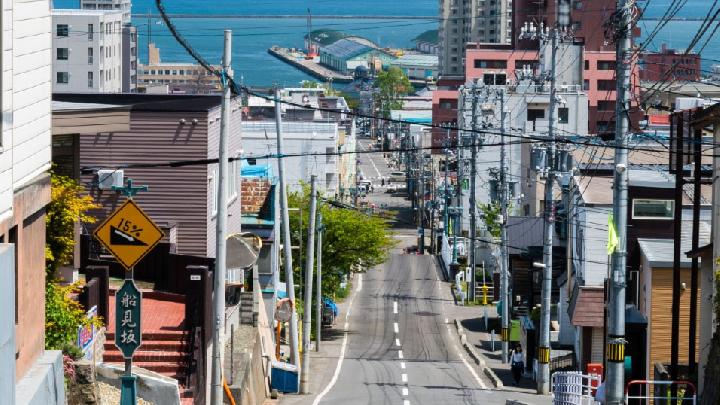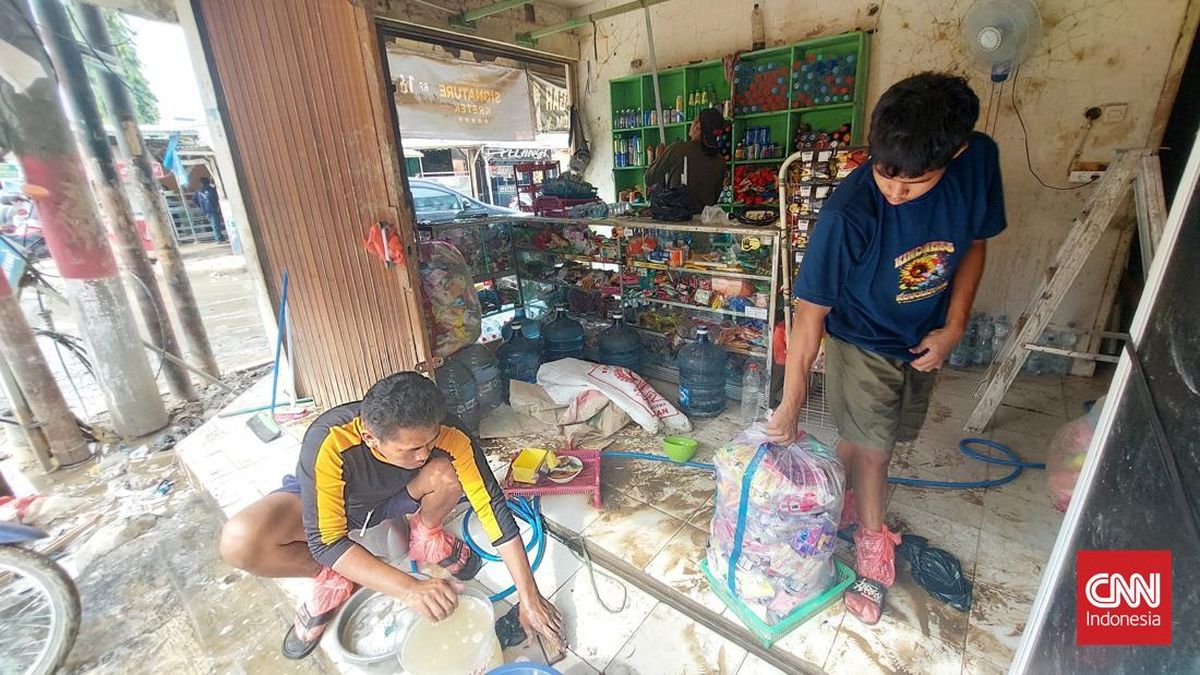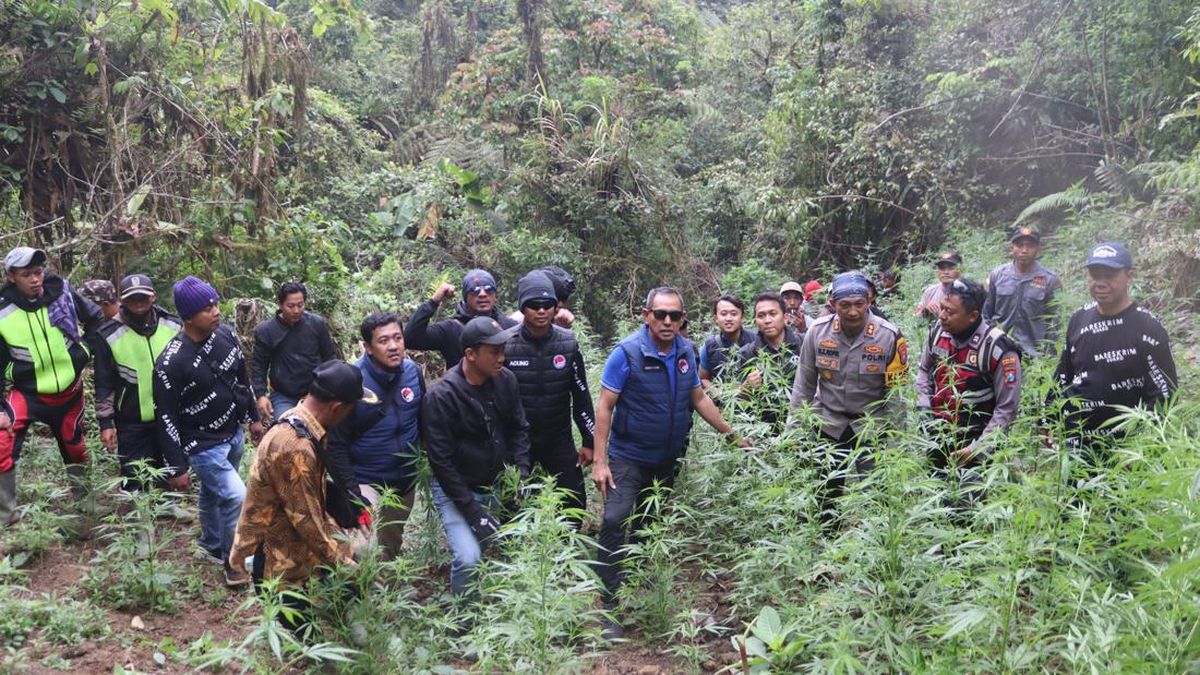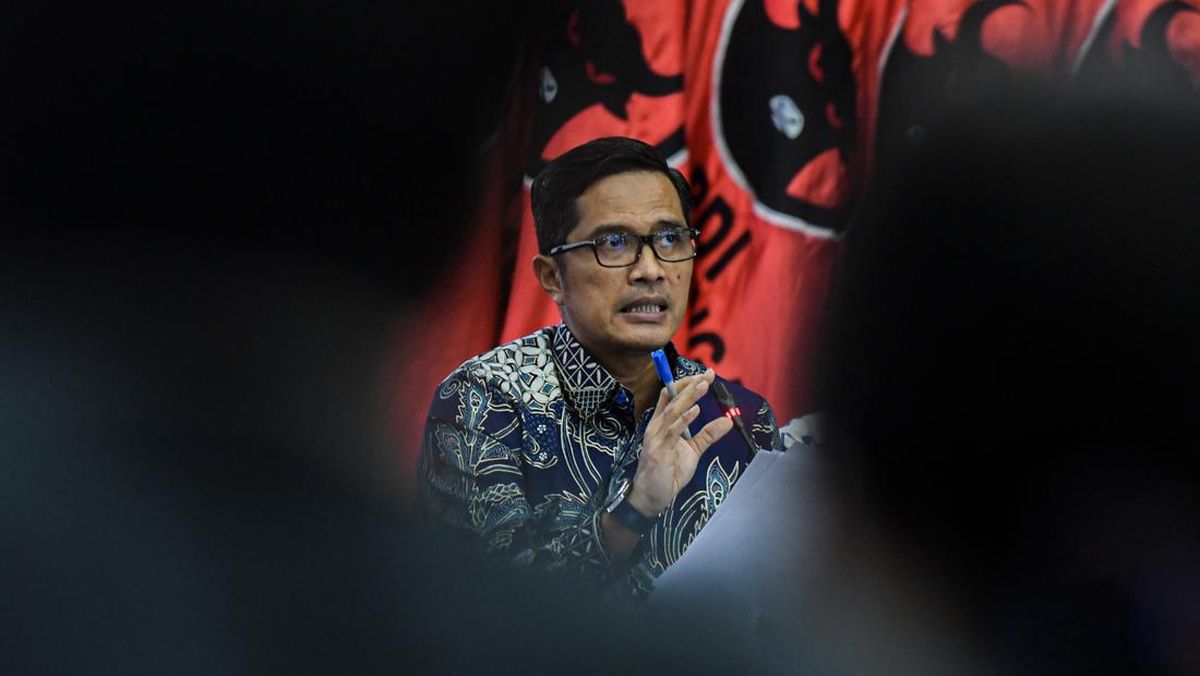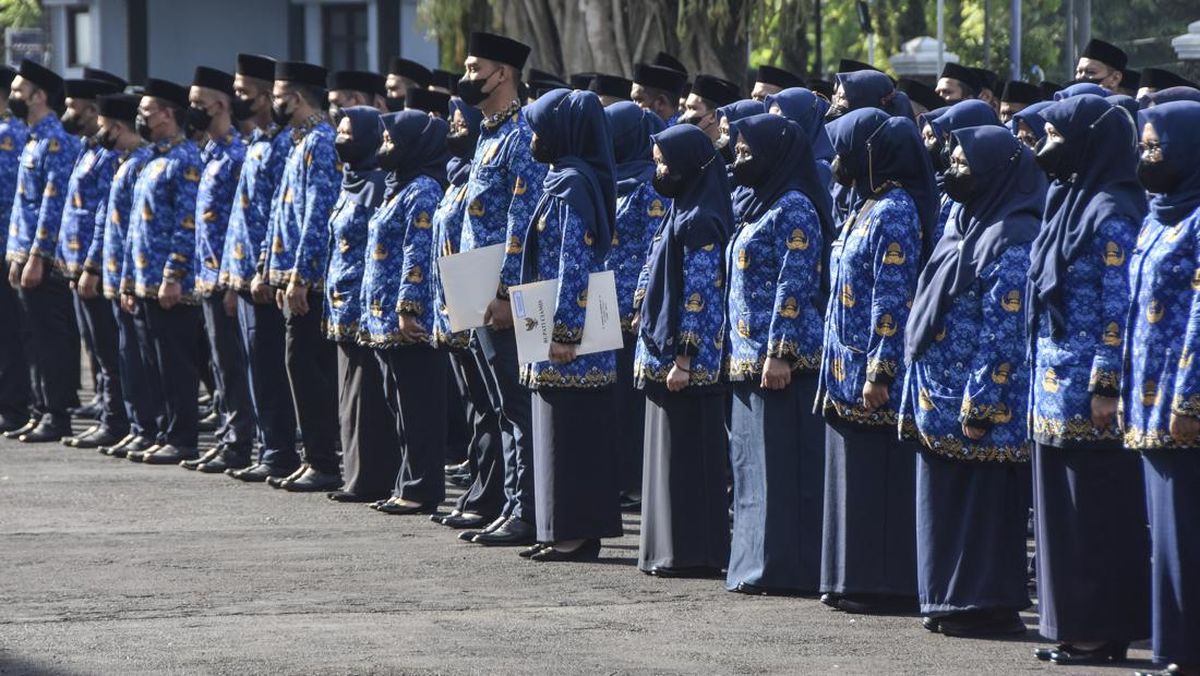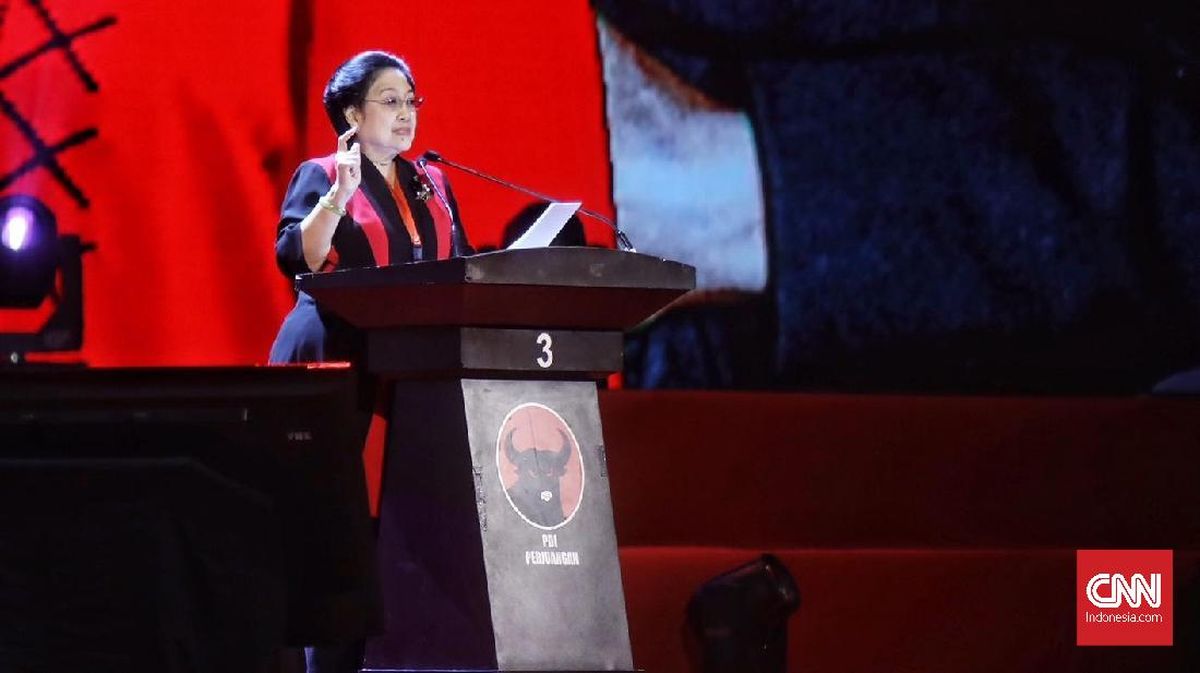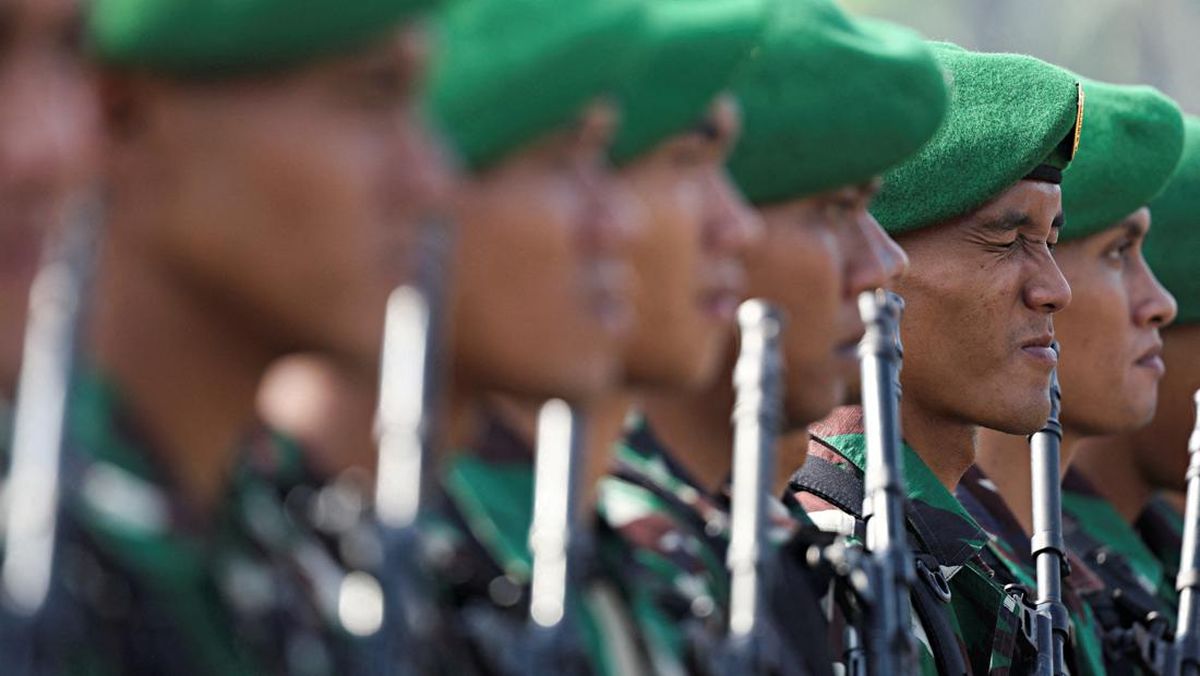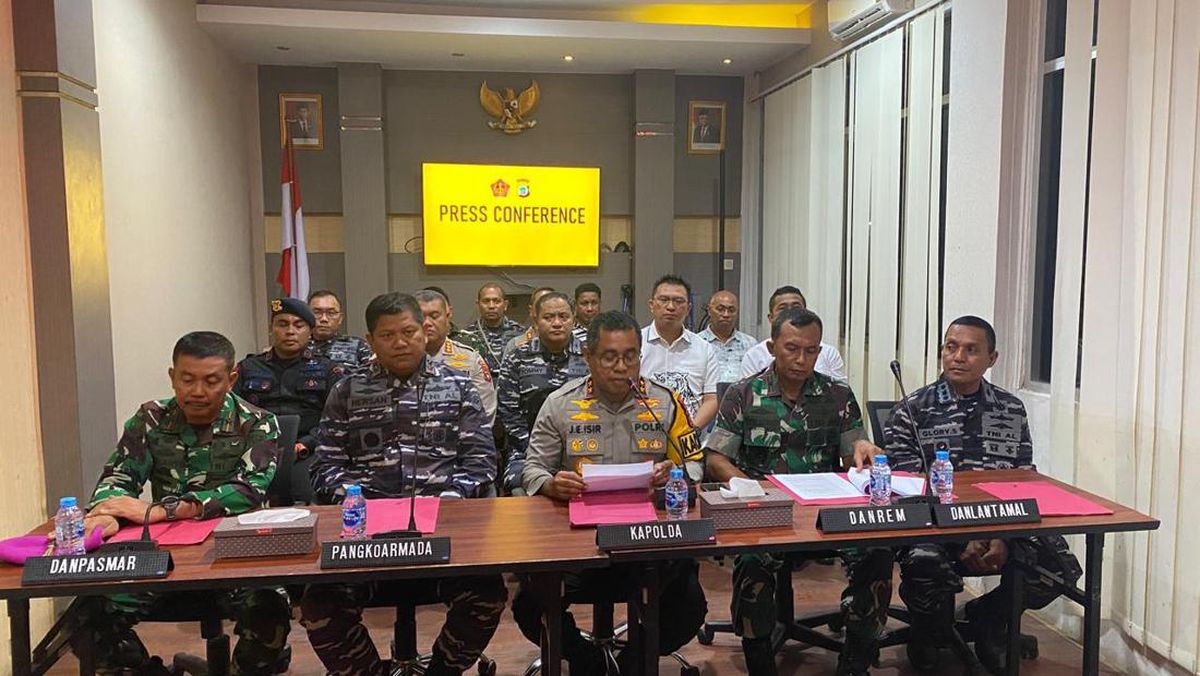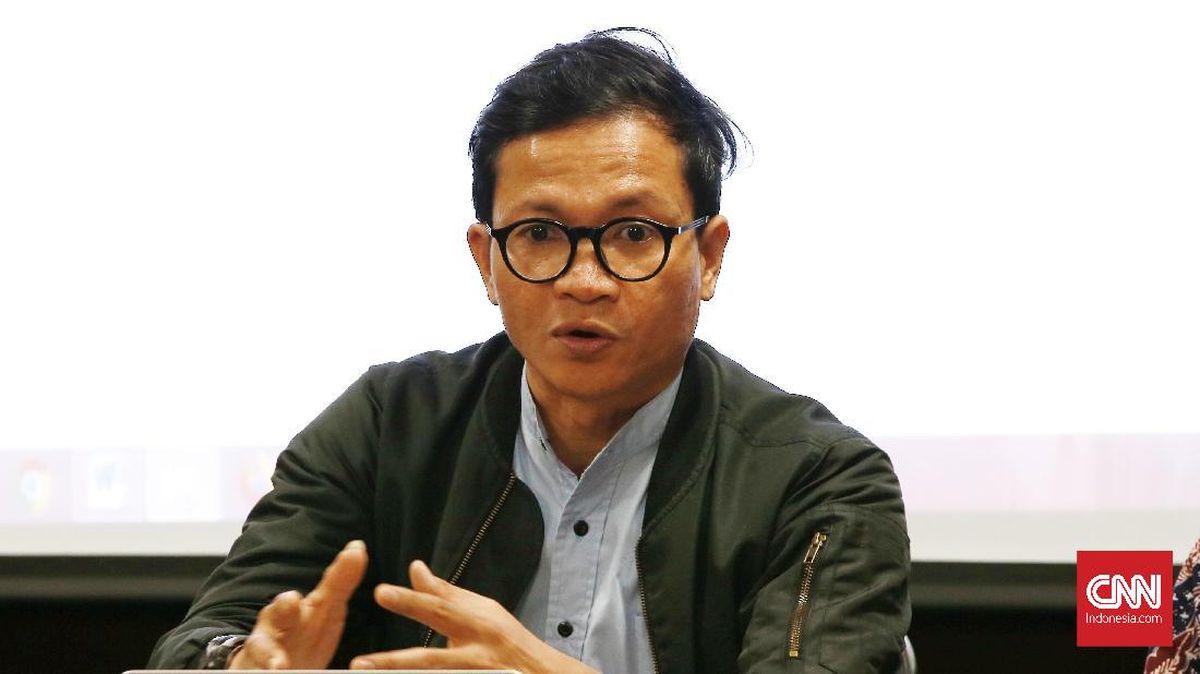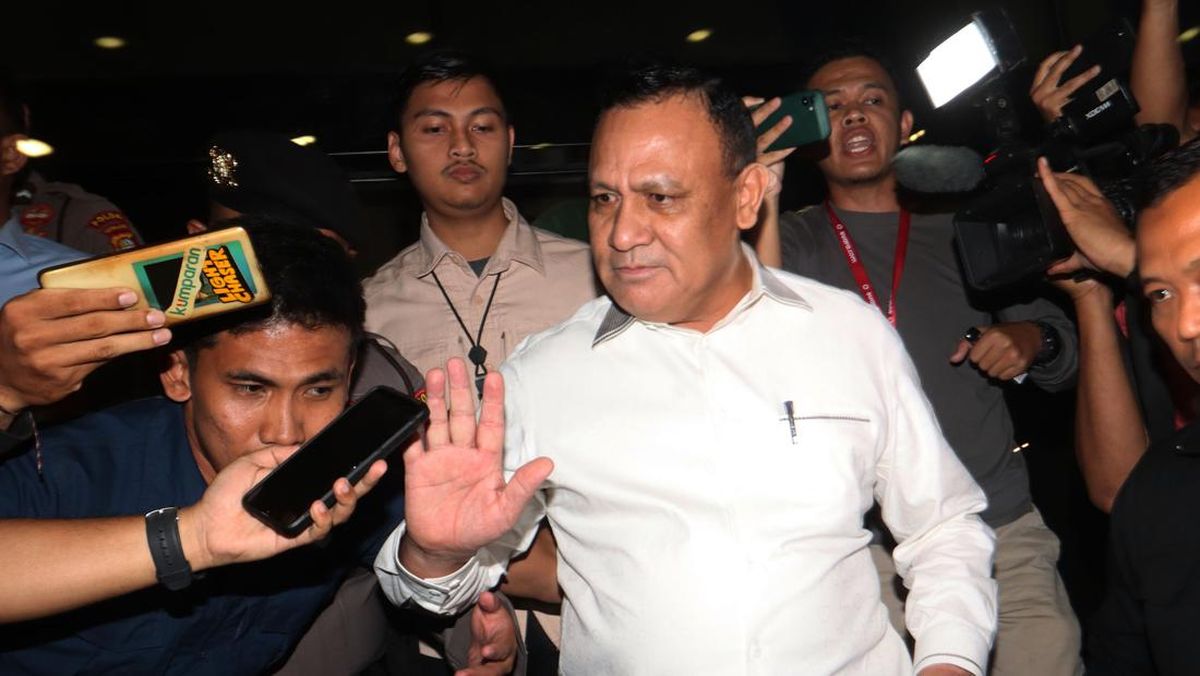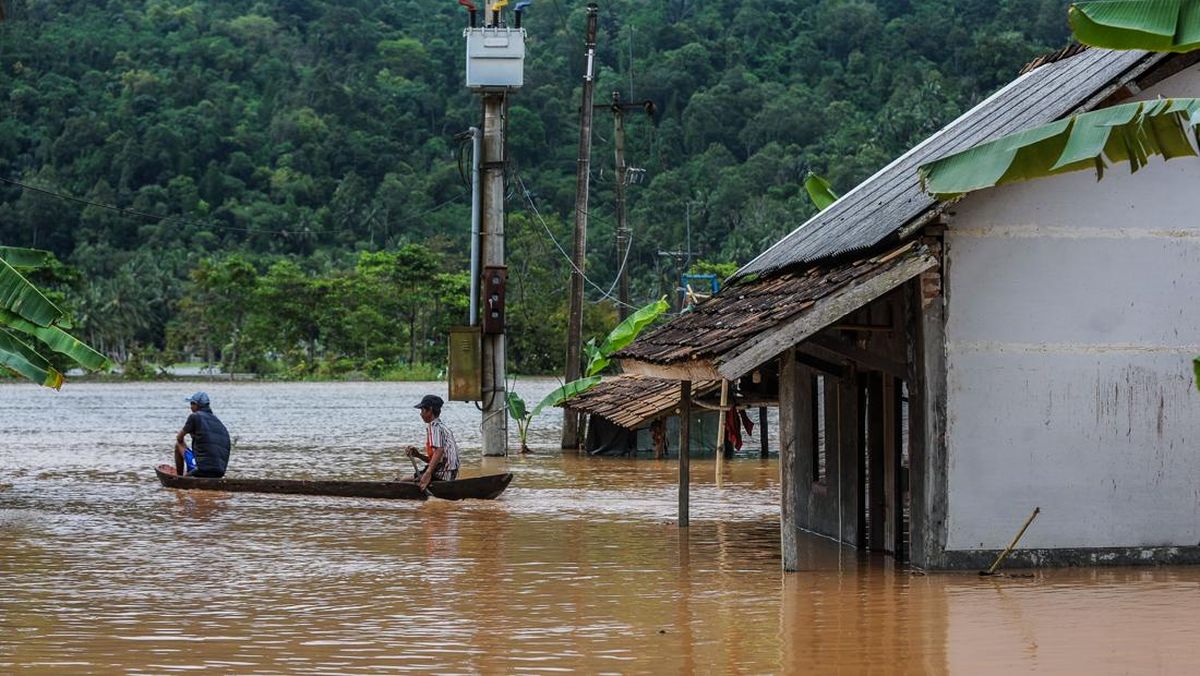January 3, 2025 | 06:32 am

TEMPO.CO, Jakarta - The collapse of several peer-to-peer lending fintech companies has brought much concern to individual investors. They were late in anticipating the huge risks involved.
The Financial Services Authority (OJK)'s plan to tighten regulations governing financial services that connect lenders and borrowers directly through digital platforms (peer-to-peer lending) has come too late. This effort will be carried out only after many have fallen victim to this business model, which is problematic and detrimental to lenders.
The OJK is currently discussing regulations to limit the involvement of non-professional individual lenders seeking high yields in funding peer-to-peer lending schemes. This was triggered by the increasing number of peer-to-peer lending companies falling apart due to the high number of loan defaults. Lenders are biting their fingers because not all of their loan capital is protected by insurance.
TaniFund and Investree are two financial technology (fintech) companies that have been liquidated due to bankruptcy. Now KoinWorks is waiting for its shutdown after hundreds of billions of rupiah in loans were defaulted by its debtors. Fintech company managements are not the only ones who are being harmed here. The lenders are victims as well.
Many lenders are giddily tempted by the prospect of high returns. Lender returns can go over 10 percent annually, far above bank deposit interest rates of just under five percent. This is the lure that has made the peer-to-peer lending industry grow so rapidly—apart from the flood of money from technology sector investors. As of October 2024, 97 companies were engaged in peer-to-peer lending. Meanwhile, outstanding loans stood at Rp75.02 trillion.
Lately, the industry has shown its true face. There is a high level of bad debts. The aggregate risk level of bad debts (TWP 90) was 2.37 percent as of October 2024. When the borrower's installment payments are in arrears, the lender is immediately affected. This is because, unlike banks, which fund loan issuance through customer deposits—which are guaranteed by the Deposit Insurance Corporation—peer-to-peer lending only acts as a channel for loans from lenders to borrowers. The risk is not borne by the company, as in banking, when there is a default on debt, but is borne by the lender themselves.
Most lenders are aware of this risk. However, many are taken in because they are tempted by the prospect of high returns with claims of measurable risks. In this situation, the OJK as the sole financial authority should have been able to read the situation and mitigate it sooner.
However, the OJK seemed hesitant to act in recent years. Instead of being firm, the OJK, the government, and the financial industry see technology-based peer-to-peer lending as a solution to overcome the problem of access to financing for micro, small, and medium-sized enterprises (MSMEs).
Peer-to-peer lending is actually a vicious cycle. Fintech companies must tempt lenders with high returns to secure loan capital. As a result, fintech must charge higher interest rates to borrowers to generate returns to lenders and finance their expensive operations. In the end, it is as if MSMEs or small businesses are being trapped by loan sharks.
It doesn't take long to see that this business model is problematic. If the government and authorities want to expand people's access to financing, there are many healthier models that can be encouraged, such as people's business credit, grameen banks (which provide microcredit for rural residents), and strengthening people's credit banks in many provinces.
Sri Mulyani Says Capital Market Education Should Start at Elementary School
11 jam lalu

Sri Mulyani Indrawati said capital market education should start as early as primary school.
Those Who Strive for Indonesia's Democracy
1 hari lalu
Despite various pressures, civil society movements provided much hope in 2024. They need to be more solid and strategically directed.
Prabowo's Hapless Diplomacy
2 hari lalu

The new government's foreign policy has no direction. It is made worse by cabinet ministers with minimal experience.
OJK Reveals New Regulations for Crypto Trading Mostly Adopted from Bappebti
4 hari lalu

Indonesia's Financial Services Authority (OJK) revealed that the new regulation on crypto asset trading has adopted many of the rules made by Bappebti
Reducing the Airfares
5 hari lalu

The government reduced the price of plane tickets in the run-up to Christmas and the New Year.
The Poor Management of Indonesia's Rivers
6 hari lalu

The Batanghari River is becoming increasingly polluted from illegal mining.
A Gloomy Future for the Anti-Corruption Commission
7 hari lalu

The potential for conflicts of interest is overshadowing the new leadership of the KPK. The process is prone to external intervention.
The Wrong Way to Reduce the Cost of Regional Elections
9 hari lalu

Prabowo Subianto wants regional heads to be once again selected by Regional Legislative Councils. This would weaken democracy.
KPK Raids OJK Office in CSR Funds Corruption Probe
13 hari lalu

The Indonesian Financial Services Authority (OJK) affirmed that the OJK respects the KPK's law enforcement efforts.
DPR: Govt Lacks Strong Commitment to Resolve Online Loan Issues
13 hari lalu

As of October 29, 2024, there are 97 legal online loan companies registered and licensed by OJK.

 3 months ago
100
3 months ago
100















